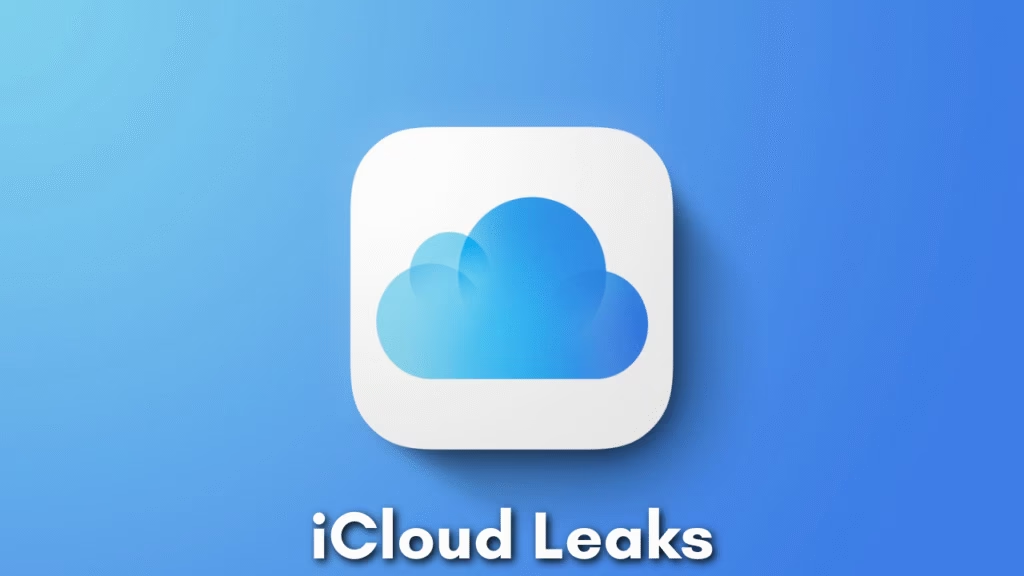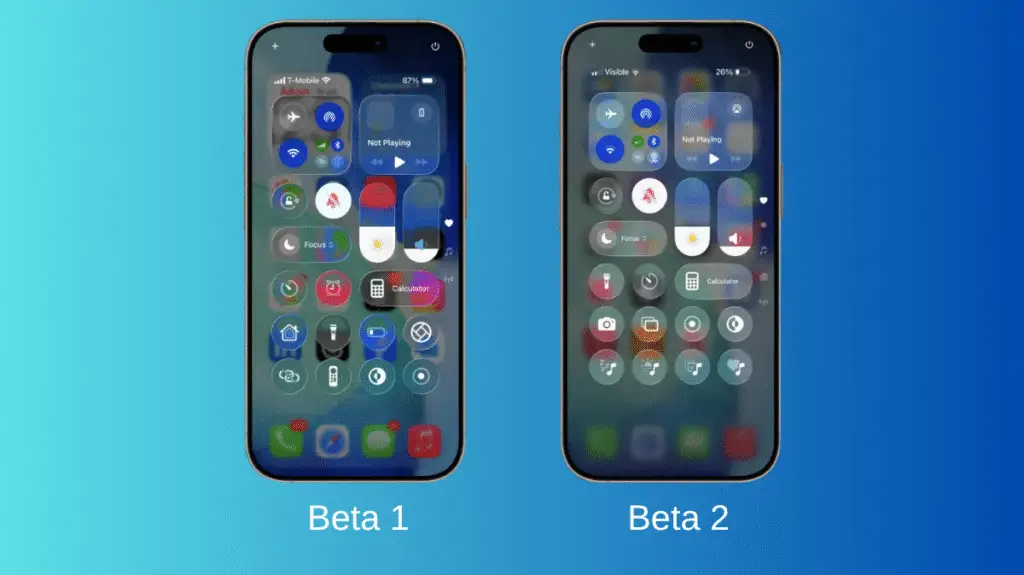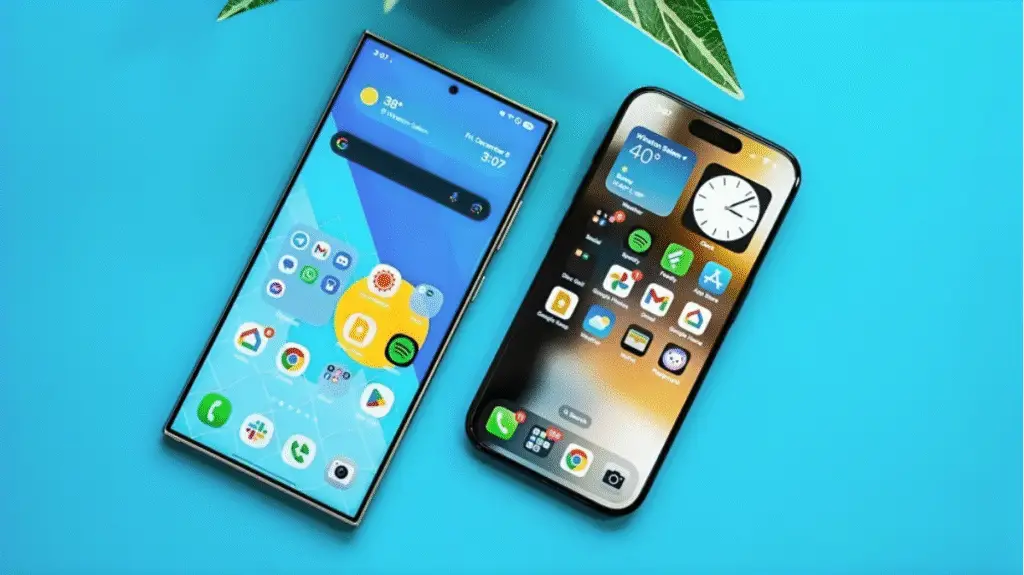
iCloud is a part of everyday life for so many people, whether you think about it or not. If you use an iPhone, iPad, Macbook, or even just an Apple account, chances are your photos, contacts, reminders, and documents are tucked away somewhere in iCloud. Most of the time, it’s smooth and silent. Your photos show up on your laptop without you even asking. But every now and then, headlines warn about an iCloud leak. It can sound scary, and it’s normal to wonder just how private your stuff is. Let’s unravel what these leaks actually are, why and how they happen, and most importantly, how you can keep your digital life safe.
What Is an iCloud Leak?
An iCloud leak is when private information stored in a person’s iCloud account, photos, messages, files, and more ends up exposed to people who aren’t supposed to see it. That could mean images showing up online, old texts getting into the hands of strangers, or even a third party accessing backups of your device. When you hear “leak,” it’s easy to imagine a hacker breaking into Apple’s main servers, but the reality is much less dramatic and much more common: the weak spots are usually individual user accounts, not iCloud itself.
How Do iCloud Leaks Actually Happen?
Let’s break down the most common paths that lead to iCloud trouble:
1. Weak or Recycled Passwords
Picture using the same password for everything: social media, shopping, and your Apple ID. If any one of those sites gets hacked and your login gets out, hackers will try it on every major account they can including your iCloud. All it takes is a match and they’re in, even if Apple’s defenses are strong.
2. Phishing Tricks
You get an email that looks a lot like it’s from Apple, or maybe you get a text message about “unusual account activity.” The link inside takes you to a web page that seems genuine, but in reality, it’s a trap. Enter your Apple credentials there, and you just handed the keys to someone else.
3. Malware
Sometimes your device gets infected by sneaky softwaremaybe from a sketchy website or a bad download. Some malware specifically hunts for saved passwords, including those for iCloud. Once it finds and sends them to an attacker, your account’s defenses are gone.
4. Security Flaws
Even the best companies can miss something. Occasionally, Apple or security experts find a “zero-day” vulnerability, a hidden bug that lets hackers slip past protections before anyone realizes it. These don’t stay open long, but for as long as they last, even careful users can be at risk.
Real World iCloud Leak Examples
Fears about iCloud security aren’t just paranoia. Over the years, several well-known incidents have made headlines and led to new ways of thinking about digital safety.
The 2014 Celebrity Photo Scandal
One of the most talked-about cases involved the leak of private photos from several celebrities’ iCloud accounts. This wasn’t some high-tech server hack instead, attackers used weak passwords and phishing to target specific people. For those affected, that loss of privacy was total. Apple responded by rolling out two-factor authentication and tightening up account security.
Huge Databases of Stolen Passwords (2025)
A more recent scare came when a cybersecurity expert found a massive stash of 184 million usernames and passwords online. Among those: thousands of Apple logins, scooped up not from Apple’s own systems, but from other hacked websites or malware-infected computers. If you reused your password anywhere, attackers could have tried those details on iCloud.
App Store Malware: The XcodeGhost Story
Back in 2015, some iOS apps were made with a tampered copy of Apple’s developer toolkit. As a result, thousands of apps carried hidden malware, mostly affecting users in China. Data-stealing tools reached many devices, showing how easily harm can slip in through trusted doors.
Ongoing Software Vulnerabilities
No tech is bulletproof. Apple has occasionally patched scary bugs that could have let hackers steal data from unsuspecting users, even just by visiting a compromised website. That’s why you should always update your device when a new version of iOS or macOS comes out.
Why Do Hackers Want Your iCloud Account?
You might ask, “Why would anyone care about my photos, texts, or notes?” But a single Apple ID can unlock much more:
- All your pictures and videos, some of which may never be posted anywhere else.
- Personal conversations from Messages.
- Backup copies of devices, including saved files and app data.
- Payment methods and the power to buy apps or subscriptions.
- Location info and, through Find My, access to your lost (or even stolen) device.
Your iCloud account is a digital jackpot for identity theft, blackmail, or even just reselling your data to shady buyers. For criminals, a hacked account is a goldmine.
How to Keep Your Account Safe
Good security doesn’t require being a tech expertmainly just good habits:
Use a Strong, Unique Password
Never use your Apple ID password anywhere else. Make it long, make it random, and let a password manager (such as Apple’s own or a trusted app) handle the remembering for you.
Enable Two-Factor Authentication (2FA)
Two-factor authentication is free and powerful. If someone tries to sign in as you, you’ll get a special code on your device. Without it, the thief hits a dead end. You can set this up on your iPhone or Mac under Settings.
Beware of Official-Looking Messages
Ignore links in suspicious emails or texts that ask for your Apple credentials. Instead, go directly to the official Apple website or check your settings if something looks off.
Keep Everything Up to Date
Apple’s software updates don’t just bring new features, they fix known bugs and close security holes. Don’t put off an update, especially if Apple flags it as urgent.
Review Trusted Devices
Open your Apple ID settings now and then to see which gadgets can access your account. If there’s anything you don’t recognize, remove it immediately.
Use “Hide My Email”
If you have iCloud+, set up exclusive, anonymous email aliases for creating new accounts on unfamiliar websites. It makes it even harder for hackers to know which accounts link to your real email.
Check Past Leaks
Visit “Have I Been Pwned” to see if your email or password has turned up in any past breaches. If it has, change your iCloud password as soon as possible.
What To Do If You Think You’ve Been Hacked
Act quickly: change your password, double-check your devices, and make sure 2FA is switched on. Watch for any odd emails, missing files, or unknown purchases or sign-ins. If you can’t fix the problem yourself, contact Apple Support. They have a team trained for these situations.
Wrapping Up
The digital world is full of risks, but iCloud leaks don’t have to be one of them if you stay alert. Most incidents could be prevented with thoughtful passwords, up-to-date devices, and a bit of skepticism when messages seem unusual. Don’t let the thought of leaks make you anxious/empower yourself with simple steps and rest easier knowing your digital life is as safe as you can make it. And when in doubt? Double-check. Your data, memories, and privacy are worth it.
FAQs
What is an iCloud leak?
An iCloud leak happens when private data stored in your iCloud account like photos, messages, or files are accessed or shared without your permission.
How do iCloud leaks usually occur?
Most leaks happen because of weak passwords, reused passwords across different sites, or falling for phishing scams. Rarely, technical vulnerabilities can also be exploited.
What should I do if I think my iCloud has been compromised?
Change your password right away, enable two-factor authentication, and review account activity for anything unfamiliar. Contact Apple Support for help if needed.
How can I prevent iCloud leaks?
Use strong, unique passwords, turn on two-factor authentication, and be careful about suspicious emails or messages asking for login details.
Is Apple responsible for iCloud leaks?
Usually, leaks are caused by poor password practices or falling for scams or system flaws. However, Apple does improve security regularly and responds to known issues swiftly.
Can I tell if my data was part of a breach?
Yes, use sites like “Have I Been Pwned” to check if your credentials showed up in known leaks or breaches.
Follow Phoonomo to never miss an update
Discover more from Phoonomo
Subscribe to get the latest posts sent to your email.




